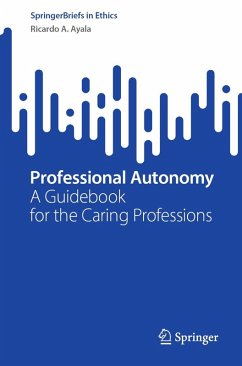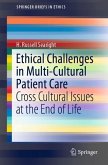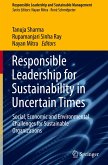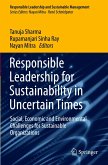Aimed at supporting their emancipatory project, this book explores strategies for resisting dominance and enhancing agency within the caring professions. It helps bridge the gap between theoretical and practical autonomy in these fields, which have long been overshadowed by other professional groups. The book scrutinises the often-misunderstood notion of autonomy, which is frequently equated with mere independence-an equation that can paradoxically undermine, rather than improve, care quality. Additionally, it critiques the prevailing lack of a specific philosophical framework for practice. Existing literature typically approaches professional autonomy through a liberal philosophy lens or loosely assigns moral agency to groups, leading to a view of autonomous professions as analogous to autonomous individuals. By presenting a critical overview of the main schools of thought on autonomy-emphasising group autonomy and the specific challenges faced by caring professions-this book aims to fill a significant gap. It includes case studies to ground its theoretical insights in practical examples from real-world scenarios, helping the caring professions identify both autonomy issues and opportunities for enhancing autonomous practice.
Bitte wählen Sie Ihr Anliegen aus.
Rechnungen
Retourenschein anfordern
Bestellstatus
Storno








